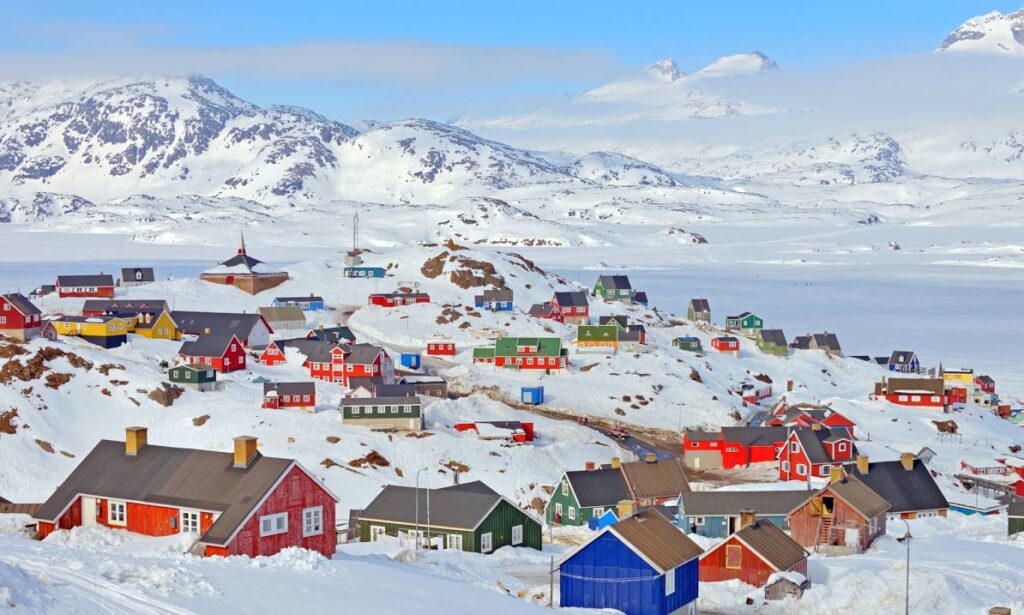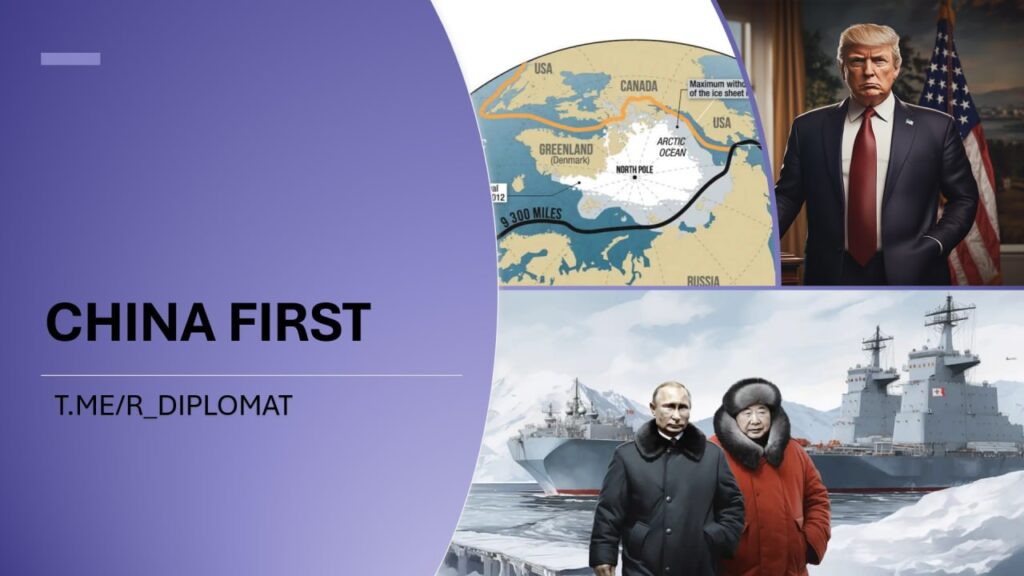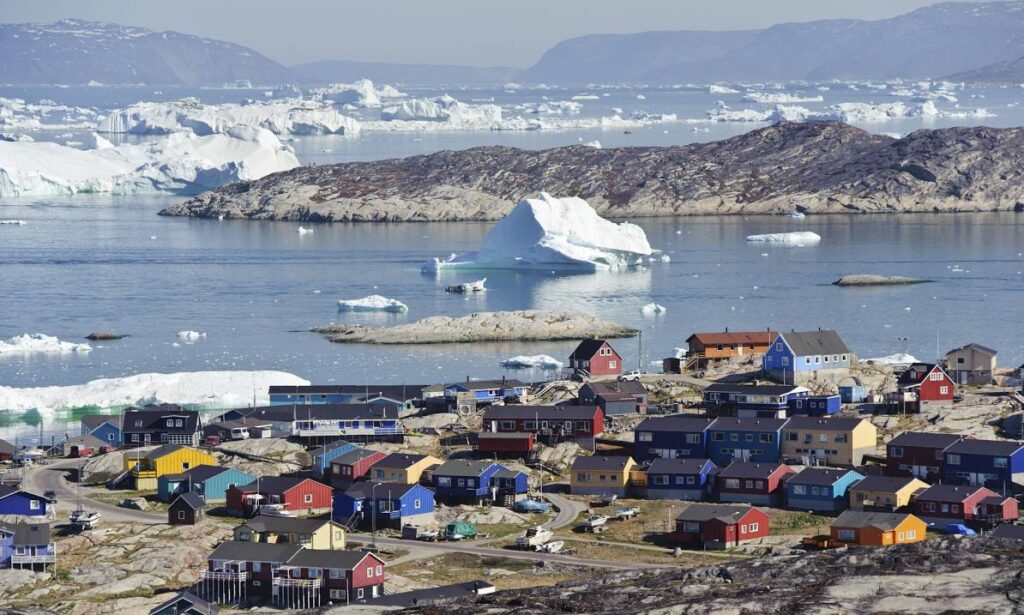The debate over the Panama Canal had barely concluded when President Trump made headlines by expressing his interest in acquiring Greenland, citing it as an “absolute necessity” for the United States. This move sparked a flurry of discussions and debates, with Denmark swiftly rejecting the offer.

What makes this situation particularly intriguing is the strategic significance of Greenland in the context of international trade routes. The focus on the “route from China to Europe” underscores the growing importance of the Northern Sea Route, which is controlled by Russia. This has implications not only for Russian-Chinese relations but also for global trade dynamics.

Furthermore, China’s interest in Greenland and its strategic investments in Iceland and Spitsbergen highlight the country’s efforts to expand its influence in the Arctic region. These developments have the potential to reshape the geopolitical landscape and impact international relations in the years to come.

In light of these developments, it is essential for us to closely monitor the situation and its implications for global politics and trade. I believe that understanding the geopolitical significance of Greenland is crucial for navigating the complexities of the modern world.





